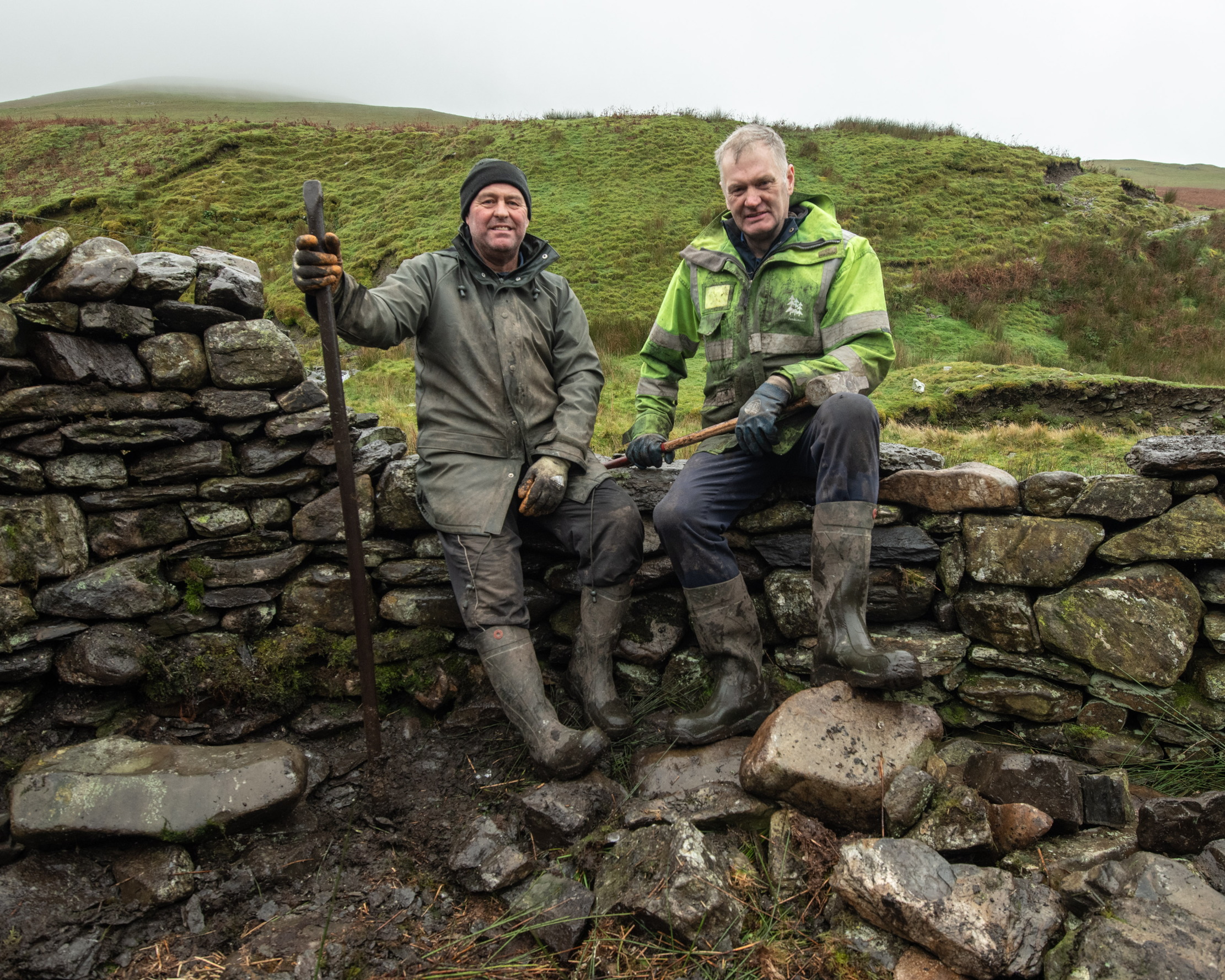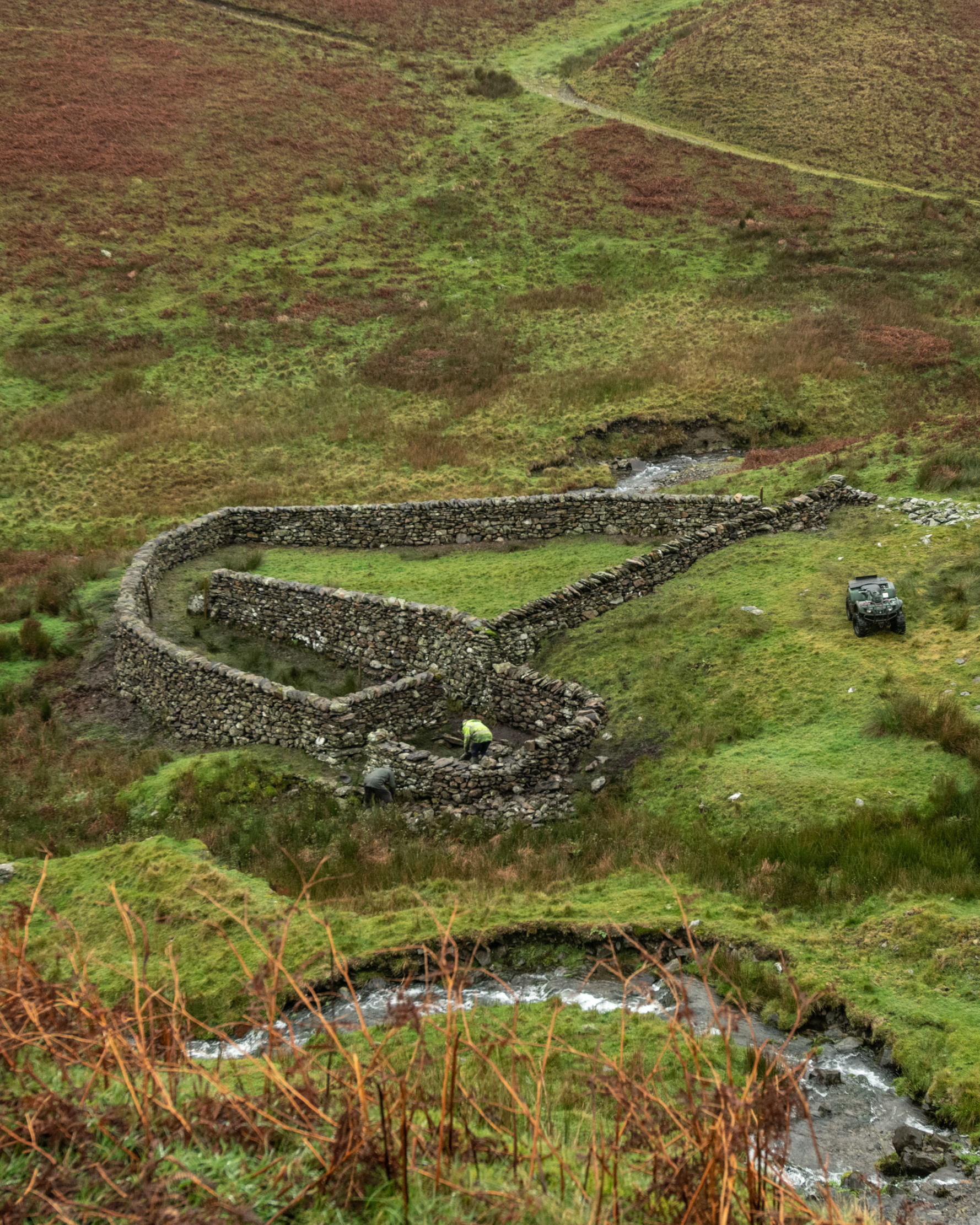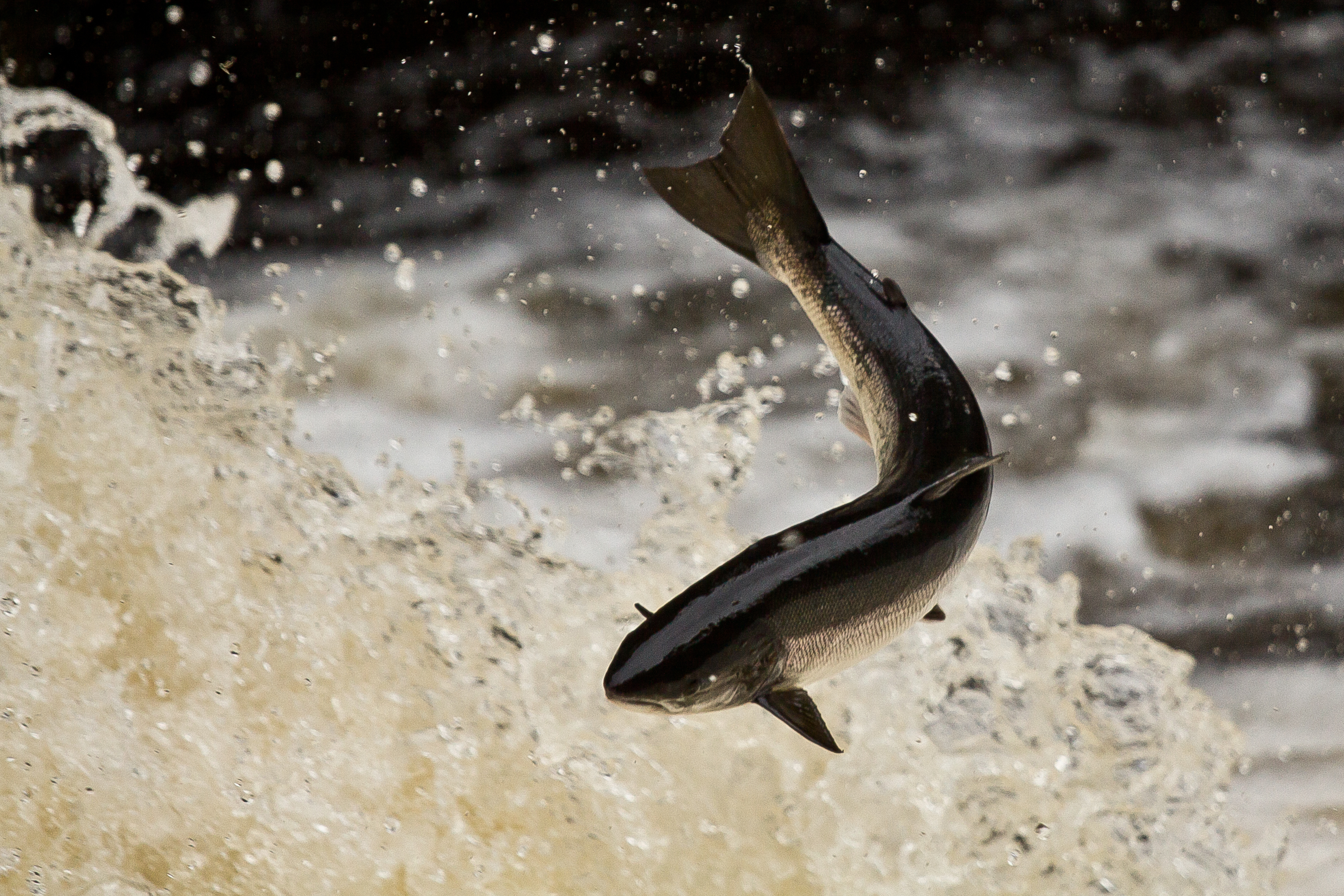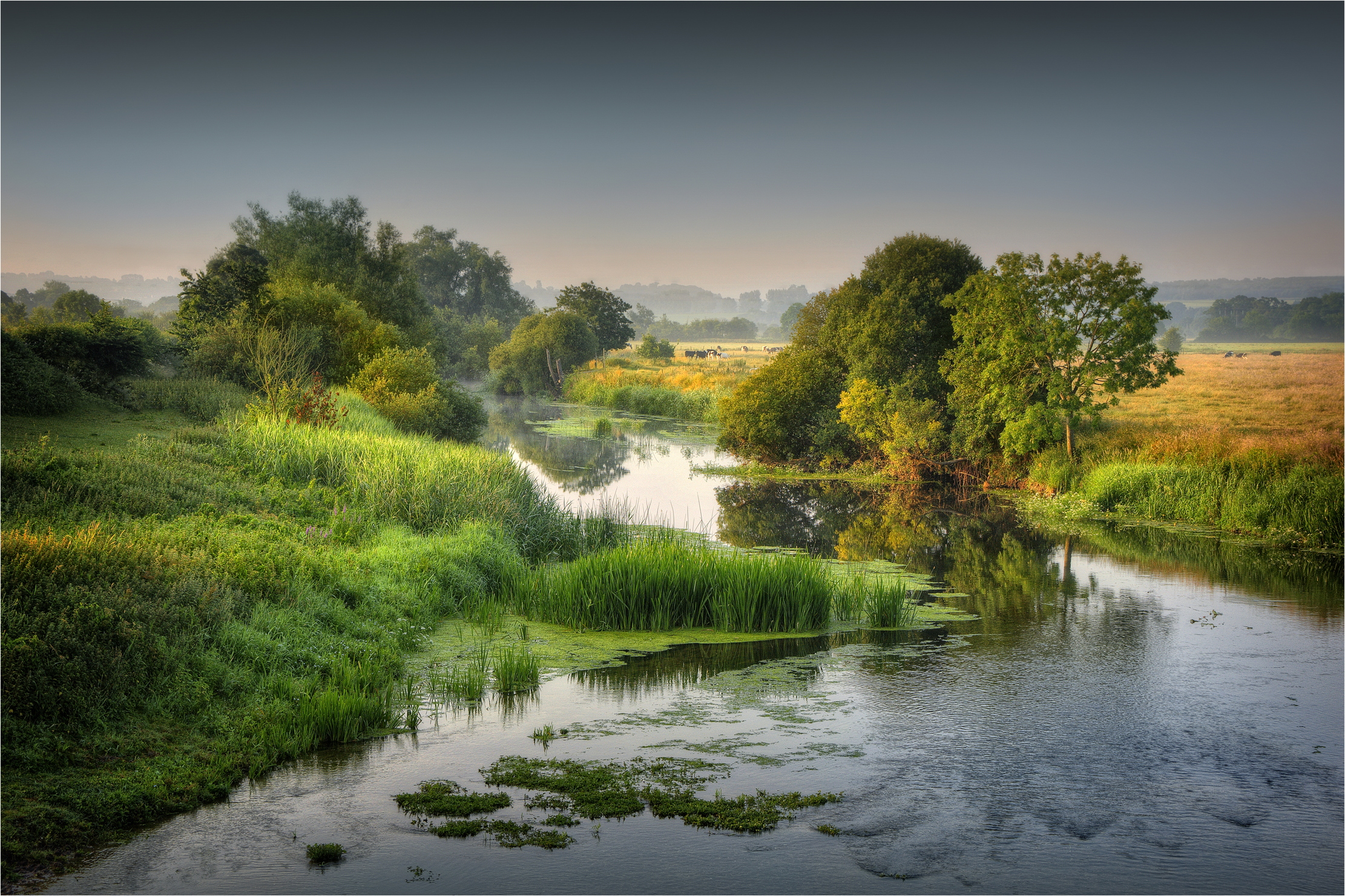Meet the dry-stone wallers who restored a 300-year-old sheep pen in Cumbria
Craftsmen Steven Allen and Trevor Stamper hope restored this historic sheepfold as part of a wider campaign to help support and promote common-land grazing


Amid the biting wind and freezing rain of winter, two dry-stone wallers have completed the restoration of a 300-year-old sheep pen on the common land of Brant Fell in the Howgills, Cumbria, within the Yorkshire Dales National Park. ‘Being a farmer’s son, with sheep on this moor back in the day, I was delighted to be able to rebuild this historic sheep pen,’ says master craftsman Steven Allen of Tebay, who worked together with Trevor Stamper from Shap. ‘I hope the commoners use it for many years to come.’
Commoning (where farmers exercise rights over land that is privately owned for grazing and to gather resources such as firewood) has been going on in this country since 1215 and was initially instituted to boost poor rural communities. Sheep (and sometimes cattle, pigs or horses) graze without fencing, knowing which patch (or ‘heft’ or ‘lear’, depending where in England you are) is theirs through generational flock memory.

‘Historic sheepfolds are used by commoners today to separate out hefted sheep back to individual farms, to treat sheep and for gathers. Gathers are when multiple commoners and their dogs work together to guide sheep off the fell for tupping, shearing and lambing throughout the year,’ explains project officer Claire Braeburn.
At one time, about half of Britain was common land, but, from the 16th century, commoners were excluded for the sake of agriculture; now, only 3% of England is common land, including stretches of Dartmoor, the Lake District and the Shropshire Hills.
The Foundation for Common Land recognises that, with the withdrawal of funding and environmental targets, commoners, whose very existence is beneficial to wildlife and delicate upland ecosystems, not to mention our historic landscape, need support. As such, this restoration is part of Our Common Cause: Our Upland Commons, a £3 million project supported by the National Lottery Heritage Fund, which is honing in on 12 areas of common land totalling 18,000 hectares (44,479 acres) and also providing assistance in the form of, for example, flood management, education and support to farmers taking part in the Sustainable Farming Incentive scheme.

Credit: Catherine Clarke/Getty
Organic farmed salmon is a 'misnomer' and certification should stop, claim fish conservation charities
In an open letter to the Soil Association, WildFish and more than 30 other organisations have questioned the organic certification
Exquisite houses, the beauty of Nature, and how to get the most from your life, straight to your inbox.

Credit: Getty Images
83% of England's rivers show 'high pollution' levels as sewage and agricultural waste flow into the waterways
Data collected by more than 640 anglers across the country have found that our rivers are in a perilous state.

Norman Foster on the Country Life podcast: 'The Green Belt is one of our greatest inventions'
Lord Norman Foster, one of Britain's great architects, joins the Country Life podcast.

Hope for hedgehogs as new research looks to revolutionise robotic lawnmowers
Scientists at the University of Oxford have developed a tool that could prevent hedgehogs from being mangled by robotic lawnmowers.
Annunciata is director of contemporary art gallery TIN MAN ART and an award-winning journalist specialising in art, culture and property. Previously, she was Country Life’s News & Property Editor. Before that, she worked at The Sunday Times Travel Magazine, researched for a historical biographer and co-founded a literary, art and music festival in Oxfordshire. Lancashire-born, she lives in Hampshire with a husband, two daughters and a mischievous pug.
